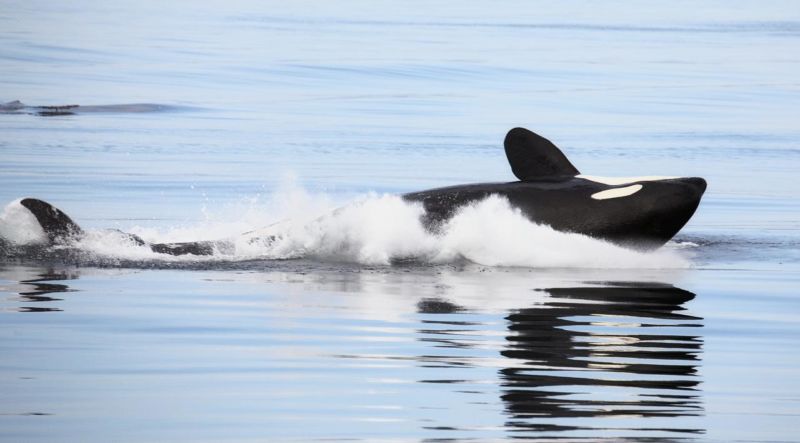A decades-old pollutant is still threatening orca populations

Enlarge / An orca in Glacier Bay. (credit: Christopher Michel / Wikimedia)
Forty years ago, the US banned production of a class of organic pollutants called polychlorinated biphenyls, or PCBs. International efforts to deal with PCB contamination have had substantial success. But the fat-loving compounds are still hanging around, leaching into the environment from decades-old equipment, and lingering in the ocean food chain.
That lingering contamination can still cause problems for a range of species. Because of a unique blend of characteristics, however, orcas are particularly at risk. A paper in Science this week calculates just how bad those risks are, and the results are sobering: while some populations of orcas seem to be doing just fine, others are at risk of collapse.
The zombie pollutantOrcas, at the very high end of the food chain, absorb contaminants from what they eat, with their blubber soaking up and storing fat-compatible compounds like PCBs. Because they can live for 50 years or more, some individuals were exposed to PCB contamination back when it was at its highest and are still carrying that burden around. And it's a burden that gets passed between generations: because PCBs are stored in fat, females can transfer a huge amount of their own PCB load to their young during pregnancy and nursing.
Read 15 remaining paragraphs | Comments